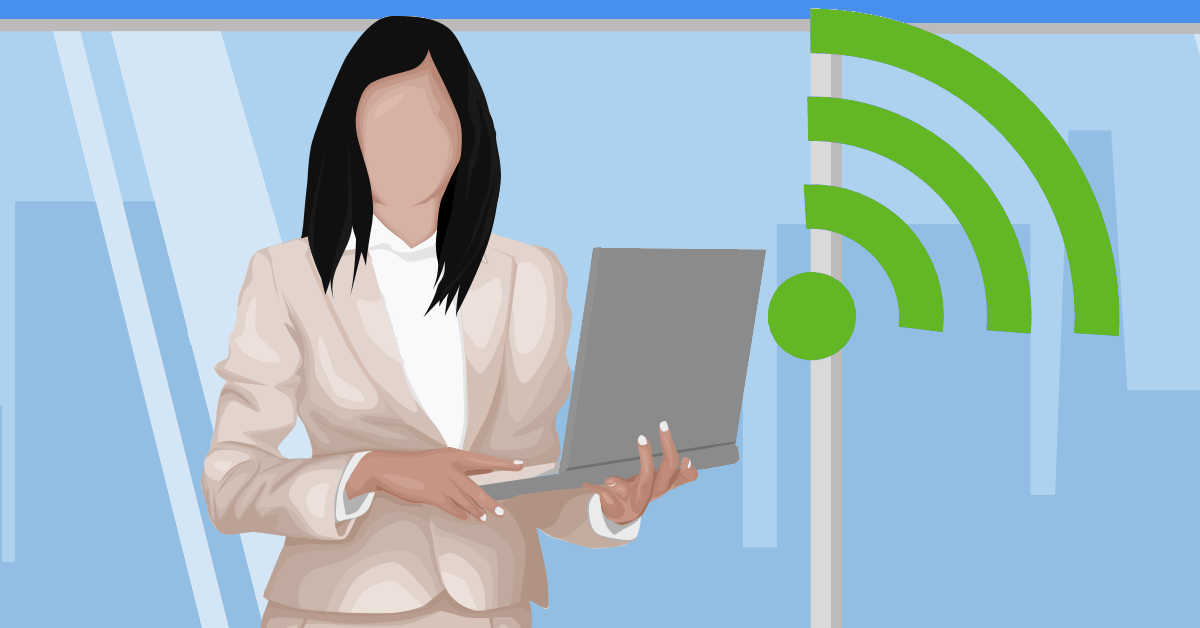
You have decided to buy a new computer for your business or perhaps even a whole set of new computers. You can almost taste the excitement as you think about those sleek new machines and how much more productive your employees will be. There is just one thing left to do: actually choose which ones you need. This is where it starts to gets tricky. Most people pop down to their local retail store and look at the display models and then get overwhelmed when the salesperson starts throwing around technical jargon. This scenario almost always ends up with your business having the wrong computer. Here’s why, and what you should do instead.
Most retail salespeople are minimally trained
Unsurprisingly, salespeople are trained to sell! They may have an interest in computers and they’re certainly great at reading the words on the box to you, but that maybe the limit of their knowledge. Their main goal is to make the sale, earn the commission and go home happy. You want a computer to suit your business needs, which isn’t particularly high on the salespersons priority list. They are not equipped to deeply understand the way your business works and nor do they have the time or desire to find out. You are also more likely to be upsold extras you don’t need but can rapidly drain your budget.
Compatibility can be a problem
There are so many moving parts to your business network, from printers to routers, laptops to desktops and a variety of software programs that anytime you throw a new computer into the mix you could end up with compatibility problems. Salespeople don’t know what your current setup is at your office but may still make recommendations based on assumptions and hopeful guesswork.
Even the number and types of ports available on retail computers may cause a problem once you’re setting up. The last thing you want to do is end up with a collection of wobbly adapter plugs as you attempt to make do until it is time for a do-over.
Most computers sold at retail stores only come with the home versions of the operating system and MS Office software. This then leads to another round of compatibility issues.
Yes you can may be able to create workarounds but this then leads to efficiency and performance hits. It is best to skip the drama and get the right computer first time around.
Support could get tricky
Your IT provider will often stick to a handful of vendors to ensure all parts are kept uniform. That way they know which parts will work together, and should something fail, they can usually get replacements quickly. IT support providers often have special relationships with suppliers and vendors and can get special pricing, extended support and upgrades that a salesperson can’t match. Your IT budget goes further with your consultant, and not just on the day of purchase.
When you buy computers through your IT provider, you know you are getting the exact computer your business needs. They know your business inside and out, including your long and short-term goals and if needed will do more research before making recommendations.
IT providers will also provide business class systems with business class warranties. Remember, you will want your computers to last at least 3-4 years of heavy usage, so it’s a good idea to buy only business-grade computers and components. While the computers at the retail store are equally shiny, they are rarely as durable as the ones your consultant can supply.
As well as selling you the new systems your IT provider will also be able to set the new computers up, ready to go with the exact software you need. They can strip out all the bloatware (unnecessary programs and trials that come pre-installed) and configure your new computers to your needs. Your employees will then be able to enjoy the new systems and take full advantage of the productivity boosts you paid for from day one. That means internet working, internal network connected, your programs playing nice with each other, printing without problems and all your settings data and email transferred from the old computer!
If you are in South Australia we can help with your next purchase – ask us how by contacting us now on 08 8326 4364 or
su*****@dp*********.au
!




